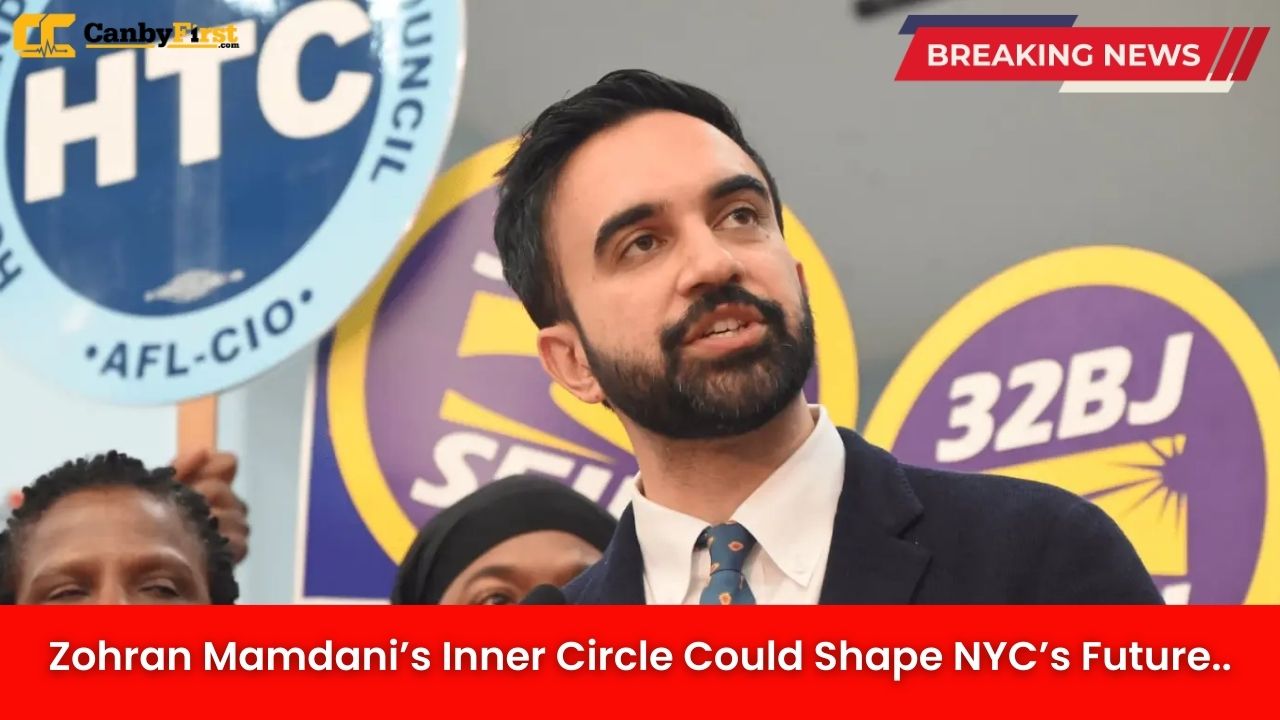New York, US: In the often hard-nosed world of New York City politics, one legislator stands out not only for his progressive firebrand reputation but also for the colorful cohort surrounding him. Assemblymember Zohran Mamdani, representing Astoria, Queens, has built more than a campaign team—he has cultivated what some political insiders are calling a “brain trust” of young, ambitious voices that reflect the future of the city’s left-leaning politics. Critics see them as inexperienced activists, while supporters argue they epitomize a generational shift in power. The question remains: could this collective one day take the reins of New York City government?
A Rising Star on the Left
Mamdani, a Democratic Socialist and one of the most prominent progressive lawmakers in Albany, has energized a base of younger, politically engaged New Yorkers. His background as the child of immigrants and his outspoken stance on housing, transit, and wealth redistribution have made him a darling of the city’s left. But behind his headline-grabbing speeches and floor fights is a team of youthful policy minds, many of whom share his ideals and lack the traditional pedigree of New York political operatives.
Who Are Mamdani’s Brain Trust?
The assemblyman’s inner circle often includes recent graduates, community organizers, and activists whose backgrounds are more rooted in campus debates and nonprofit campaigns than in decades of governmental service. Many of them hail from privileged upbringings but position themselves as voices of everyday New Yorkers struggling with rent, access to healthcare, and inequities in policing.
Also Read
These young aides are unapologetically “lefty radicals” in the eyes of critics. They push bold ideas about public housing expansion, rent cancellation, defunding policing in favor of social services, and investing aggressively in climate infrastructure. Their detractors dismiss them as too idealistic, but their ambition is undeniable.
Experience vs. Energy
Opponents argue that this crew is dangerously underprepared to govern a city of New York’s complexity. Balancing billion-dollar budgets, managing sprawling agencies, and navigating the entrenched politics of unions, developers, and civic groups is a steep challenge. To skeptics, this team’s inexperience risks turning ideology into dysfunction.
Yet supporters contend that this lack of insider baggage may be their strength. At a time when young voters are disillusioned with establishment politics, Mamdani’s circle embodies an alternative—politics driven not by decades of bureaucratic entrenchment but by urgency, creativity, and moral clarity.
Generational Shift in Power
What makes this brain trust significant is its potential beyond Mamdani. Many of these young strategists and aides are cultivating their own political futures. Inside City Council races, nonprofit boards, and grassroots organizing hubs, some are already being touted as the next wave of socialist candidates who could climb the ranks in City Hall or Albany.
Observers note a shift that feels striking: for decades, power in New York was concentrated in party machines, unions, and entrenched community organizations. Now, tech-savvy, socially conscious twenty- and thirtysomethings are carving a new path, often fueled by a combination of privilege, networking, and a deep desire to shape systemic change.
A Divided City’s Reflection
The rise of Mamdani’s brain trust captures the broader divide playing out across New York. On one side, long-serving political figures argue the city’s survival depends on experience, incremental policymaking, and pragmatic balancing of interests. On the other, younger progressives reject compromise as complicity and demand radical changes in housing, wages, and policing.
For some New Yorkers, this infusion of activist energy represents hope—the dawn of leaders who will finally confront inequality at its roots. For others, it feels like a dangerous gamble, entrusting governance to people whose deepest experience has been rallies, petitions, and think pieces rather than the tough slog of policymaking.
Could They Lead NYC One Day?
The real test will come when members of Mamdani’s circle step out from behind the scenes. Will they be able to transform radical ideals into functional governance that balances justice with fiscal sustainability? Or will they falter in the face of bureaucratic realities and entrenched opposition?
Political history is clear that many of yesterday’s idealists became tomorrow’s mayors, governors, and senators. The same could hold true for Mamdani’s team. If their vision is refined and their skills develop, the city may one day see one of these young thinkers on the mayoral debate stage—or presiding over the City Council chambers.
The Stakes Ahead
Zohran Mamdani’s ascendance has already reshaped conversations in Albany and Queens. But the quieter, perhaps more consequential story lies in the rise of his youthful inner circle, who represent more than just campaign staff—they could be the architects of New York’s political future.
Whether they will usher in a new era of equality and bold governance or ignite instability through inexperience is a question New Yorkers will confront sooner than later. What’s clear is this: the city’s future leaders may already be sharpening their ideas in Mamdani’s orbit, waiting for their moment to step into the spotlight.












